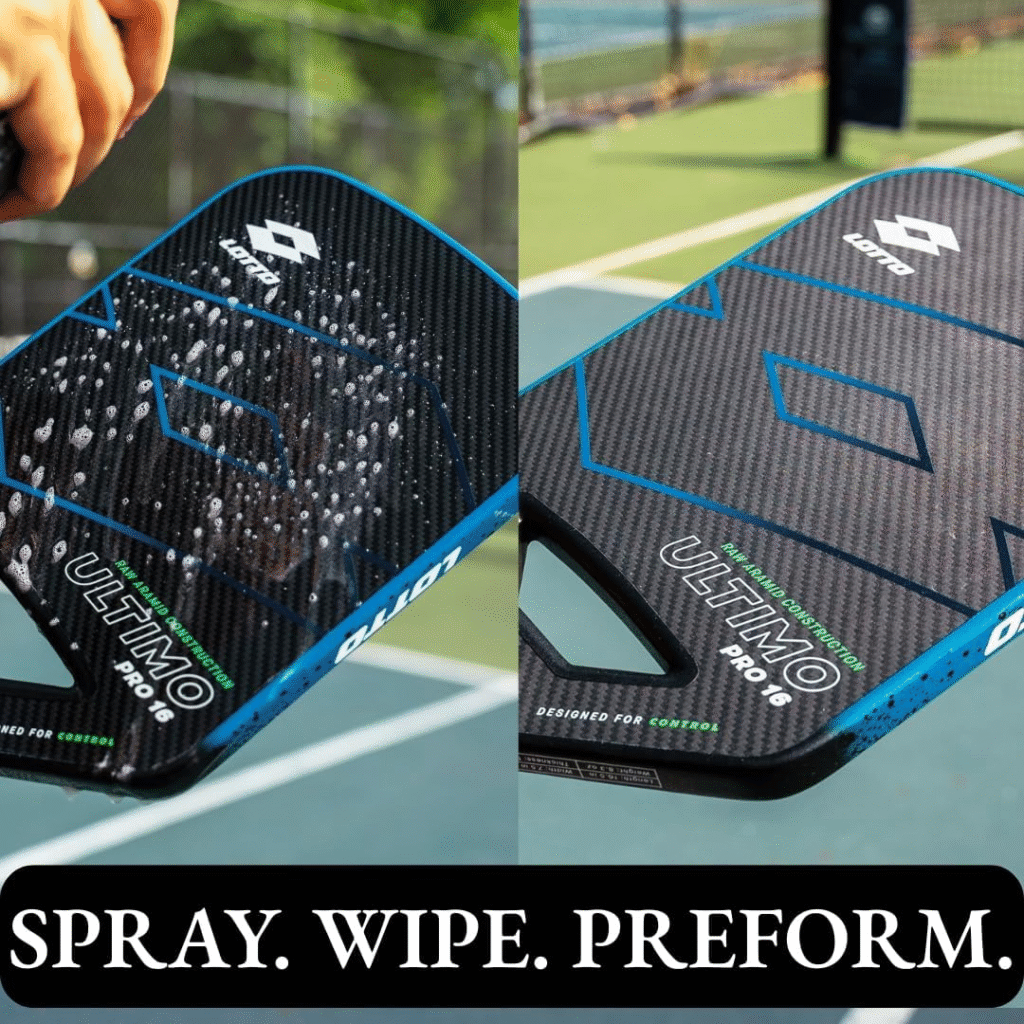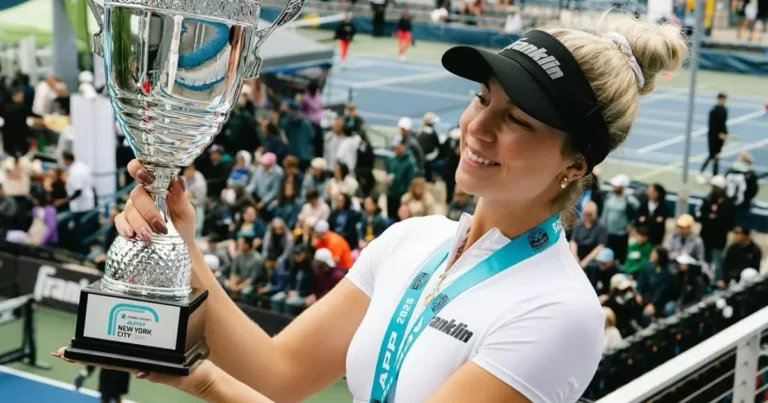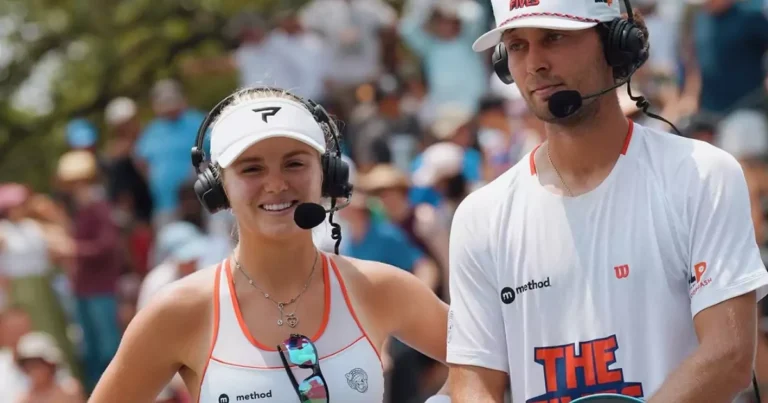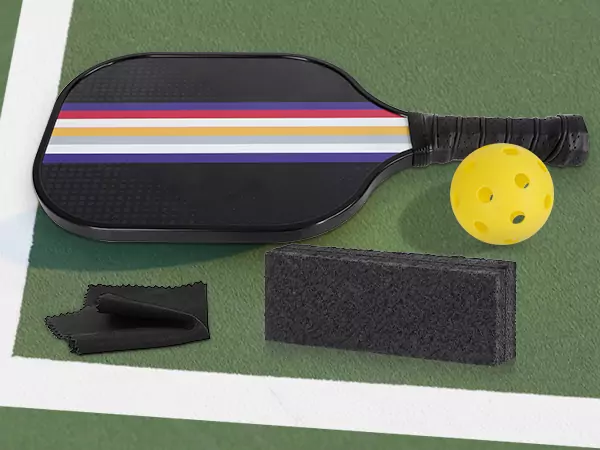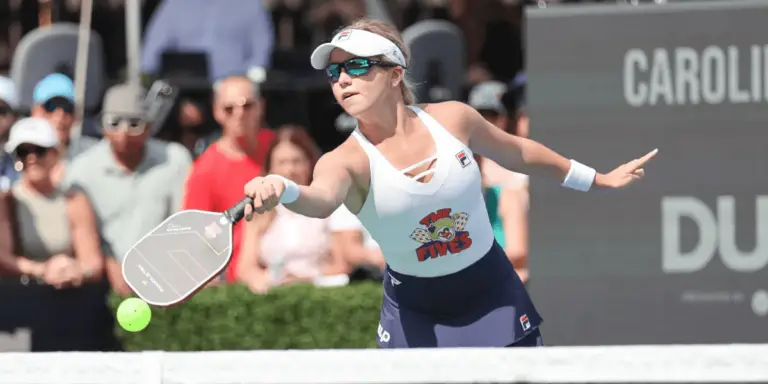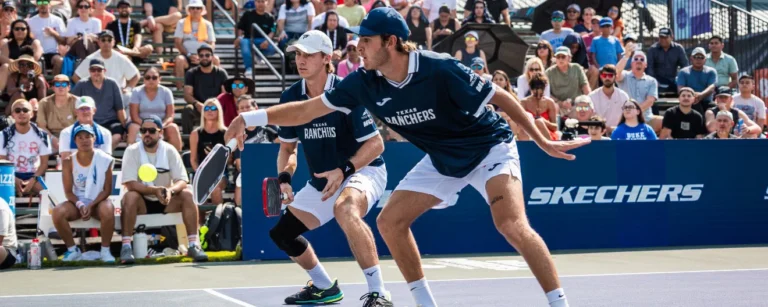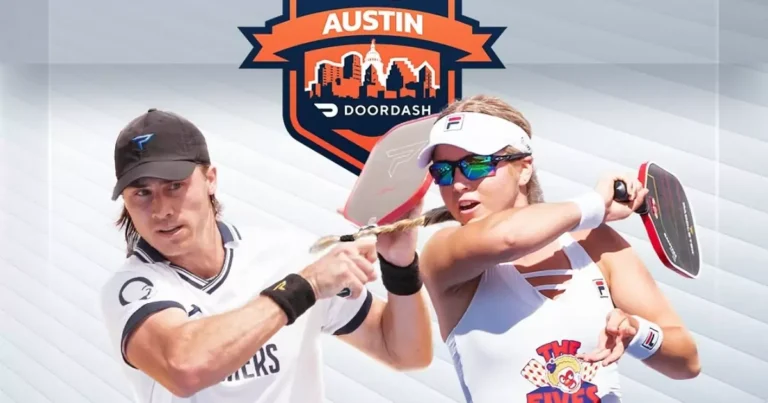Why Major League Pickleball (MLP) Can’t Afford to Go Soft on Abusive Language
Major League Pickleball (MLP) is growing rapidly and earning a global spotlight, but with increased visibility comes increased responsibility—especially when it comes to player conduct. Recent incidents involving the use of abusive language in MLP have raised concerns over sportsmanship, professionalism, and the overall tone of the sport. For the future of pickleball, MLP must adopt a zero-tolerance policy on offensive language.
Recent Controversies in MLP
MLP has seen its share of drama in recent months. Two high-profile incidents made headlines:
- Kate Fahey vs. Federico Staksrud: During a heated rally between the St. Louis Shock and Orlando Squeeze, Fahey allegedly called Staksrud a “f**king b***h.” She later admitted to losing her temper during the match.
- Anna Leigh Waters vs. Hayden Patriquin: Patriquin, also from the St. Louis Shock, reportedly used the same offensive phrase toward Waters of the New Jersey 5s in an earlier game.
These incidents have led to serious concerns about the level of sportsmanship in MLP and whether the league is doing enough to penalize such behavior.

Why MLP Must Take a Strong Stand
1. Protecting the League’s Image and Attracting Sponsors
Sponsors want to align with clean, professional, and respectful sports environments. Offensive language and public outbursts damage MLP’s image and can deter potential corporate partnerships. To secure long-term financial stability, the league must prioritize professionalism.
2. Preserving the Sport’s Appeal
While some fans may enjoy light-hearted smack talk, excessively vulgar or aggressive language crosses a line. A toxic atmosphere can alienate viewers, particularly families and younger fans, which hinders the sport’s growth.
3. Promoting a Positive Player Experience
Players deserve to compete in a safe, respectful environment. Abusive language can create a hostile and distracting atmosphere, which negatively impacts performance and mental well-being.
4. Setting the Right Example
Pickleball is one of the few sports with a mixed-gender format, meaning behavior standards should be even higher. Athletes are role models for the next generation. If young fans see unsportsmanlike behavior go unpunished, it sends the wrong message.
5. Upholding MLP’s Code of Conduct
MLP, along with USA Pickleball and the Pickleball Federation of the Americas, already emphasizes respect and fairness in their official codes of conduct. However, enforcement is key. The league must show it takes violations seriously by holding players accountable.
MLP’s Disciplinary System: Blue and Orange Cards
To manage unsportsmanlike behavior, MLP uses a card-based disciplinary system:
- Blue Card: Acts as a technical warning. It’s issued for minor offenses like loud profanity or minor disruptions. A second Blue Card results in an Orange Card and point penalty.
- Orange Card: A more serious penalty that results in a point deduction. Issued for major offenses such as extremely objectionable language, threats, or reckless paddle throwing.
These tools are a good start, but stricter application and consistent follow-through are needed.
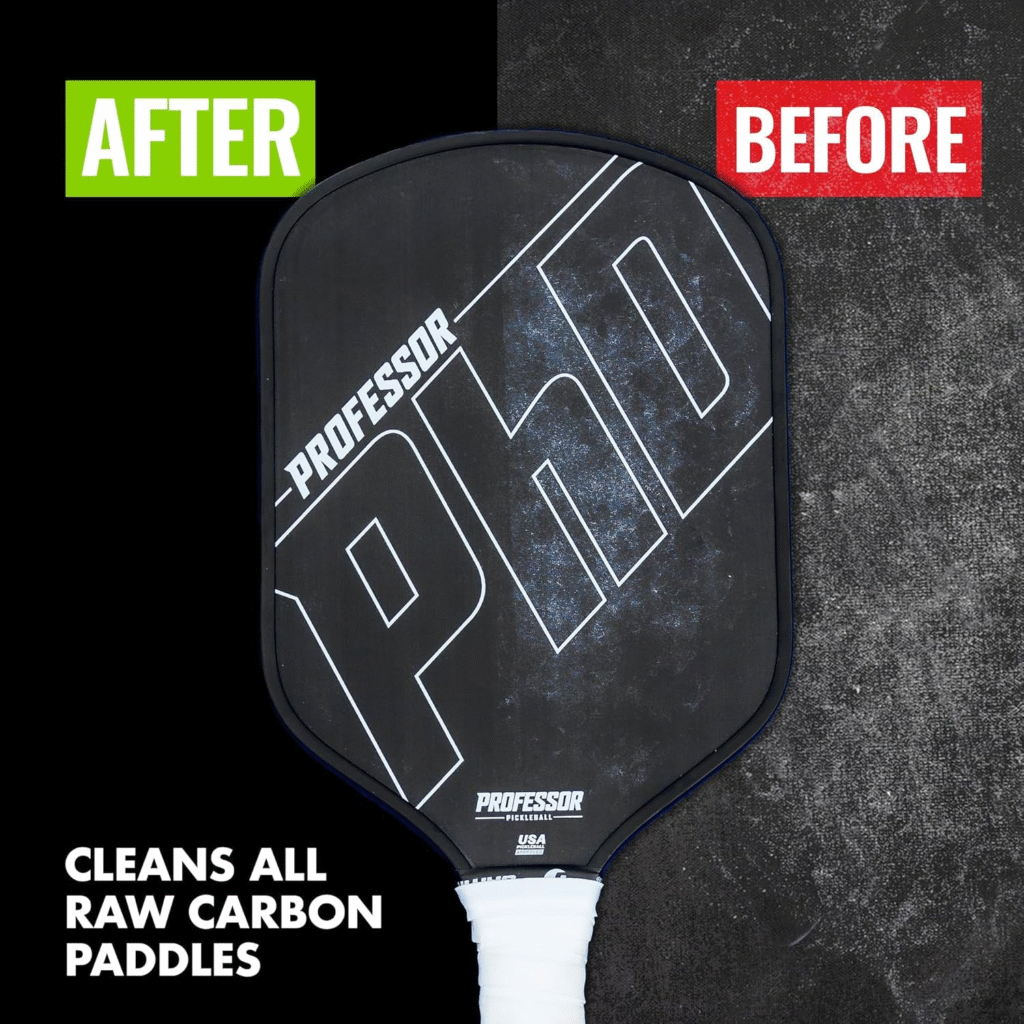
Conclusion
MLP has a golden opportunity to set the standard for sportsmanship in a young and rapidly growing sport. Ignoring abusive language damages its brand, alienates fans, and risks sponsor trust. A strict, zero-tolerance policy not only protects the league—it ensures pickleball’s continued rise as a respected professional sport.
MLP can’t afford to go soft on abusive language. It’s time to set the tone for what professional pickleball truly stands for: respect, integrity, and passion for the game.
